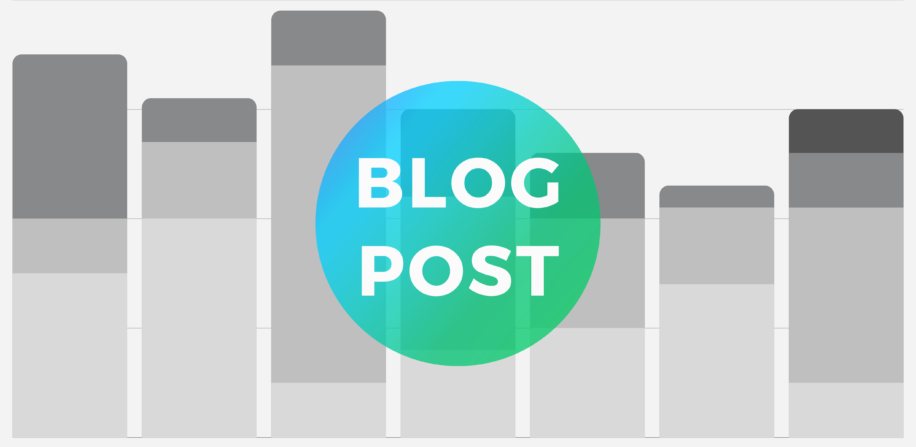In the prior two blogs, we talked about how a group of master afterschool teachers at 25 afterschool sites in Genesee County have responded to the pandemic years. One important area of evolution was the new service models that put staff in the field visiting homes and meeting parents at drop off sites, producing a … Continue reading Fall 2022 Evolving the Standard for High Quality









